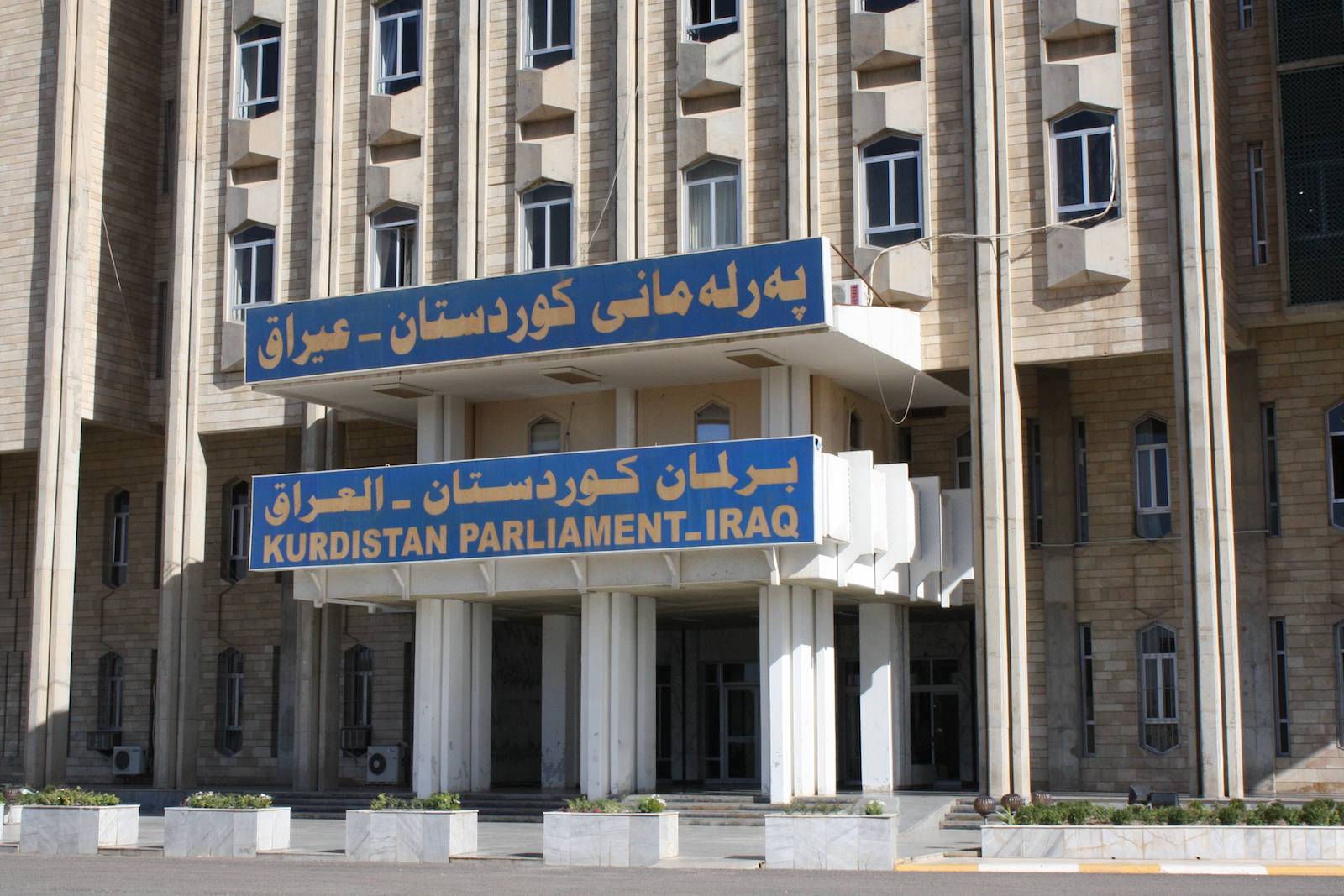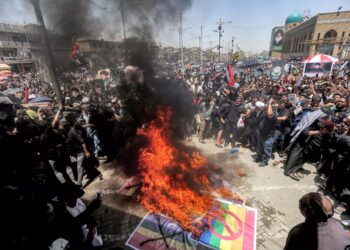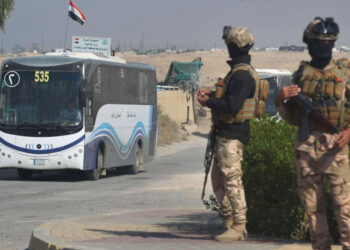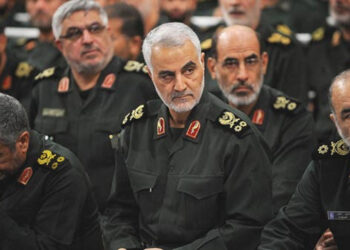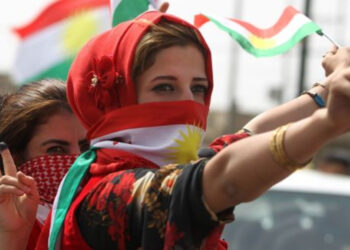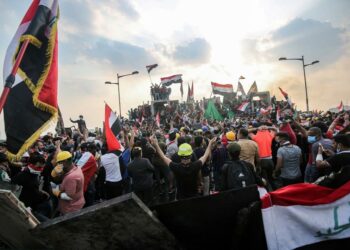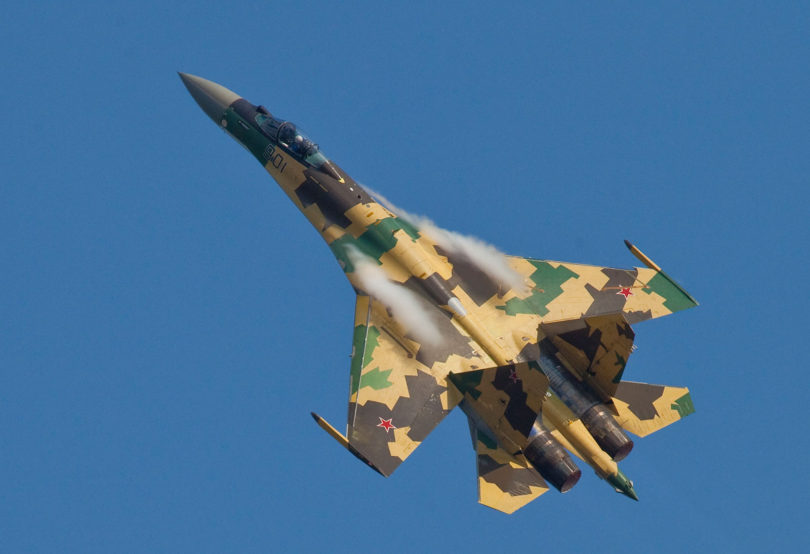In its first session in nearly two years, the parliament of the autonomous Kurdistan Region of Iraq voted to hold the independence referendum on September 25. The Kurdistan Regional Government led by Masoud Barzani had been facing international pressure to delay the vote, which was announced earlier this summer.
With 68 of 111 MPs in attendance, the extraordinary session of the Kurdistan Region’s parliament voted to approve a draft law assigning the electoral body to hold the referendum as planned on September 25.
Parliament was reconvened following an announcement on Tuesday that Barzani’s Kurdistan Democratic Party, the Patriotic Union of Kurdistan and the Gorran (Change) party had agreed in principle to hold the session. It was then delayed from the planned time on Thursday, ostensibly because lawmakers had failed to give the required 48 hours notice.
Something rare in ME Parliaments: #Kurdistan's components, (Assyrian, Turkmen, Armenian) spoke with their languages to support independence https://t.co/fRUEox9VUy
— Baxtiyar Goran
(@BaxtiyarGoran) September 15, 2017
The legislature had been suspended since late 2015 when the speaker, a Gorran member, was blocked from entering Erbil amid political disputes between the autonomous region’s political parties. Gorran, which has opposed the timing of the referendum, did not attend the session. The Kurdistan Islamic Group separately decided not to attend.
According to PUK official, Mala Bakhtiyar, the PUK, KDP and Gorran had sought to develop a seven-point plan to reactivate parliament that included the approval of a referendum law. Lawmakers were widely expected to approve the referendum even without Gorran and KIG support.
However, there were suggestions that the body was reconvened to allow Mr. Barzani to save face and not delay the referendum himself. Although the president had stressed throughout the summer that the vote would not be delayed, he found little support from other Iraqi Kurdish parties or the international community.
On Thursday, Brett McGurk, the U.S. Envoy to the Coalition against the Islamic State, said the referendum lacked legitimacy. During a meeting with Mr. Barzani in Erbil, Mr. McGurk and representatives from the United Nations and United Kingdom presented the KRG leader with an “alternative” plan.
A source with knowledge of the talks told The Globe Post that the plan includes additional negotiations with Baghdad over Kurdistan’s future. A U.S. State Department spokesperson said Mr. McGurk’s meetings were “friendly and productive.”
“These meetings discussed an alternative path to the referendum that would secure international support for the Kurdistan Region and an accelerated negotiation with Baghdad to resolve outstanding issues and better chart the future. We believe strongly, together with our allies, that this alternative offers the best chance for a stable and prosperous Kurdistan Region following the defeat of ISIS,” the spokesperson told The Globe Post in an emailed statement.
#PresidentBarzani #UN #SRSG #Kubis #US SE @brett_mcgurk @AmbSilliman #UK Amb @FrankBakerFCO discussed Referendum,Dialogue & alternative path pic.twitter.com/Lk9CDVDa17
— Falah Mustafa (@FalahMustafa) September 14, 2017
Mr. McGurk had previously suggested to the Gorran party that Washington could cut diplomatic ties with the Kurdistan Region, including support for the Peshmerga forces.
On Thursday, the Kirkuk office of the PUK asked for the referendum to be delayed, citing security concerns. The multi-ethnic, oil-rich province is claimed by both Iraq and the Kurdistan Region, and its inclusion in the vote has infuriated Baghdad. Iraq’s parliament on Thursday voted to remove the Kirkuk governor, Najmaldin Karim.
The regional parliament on Friday did not set an alternative timetable for the referendum to be held.


